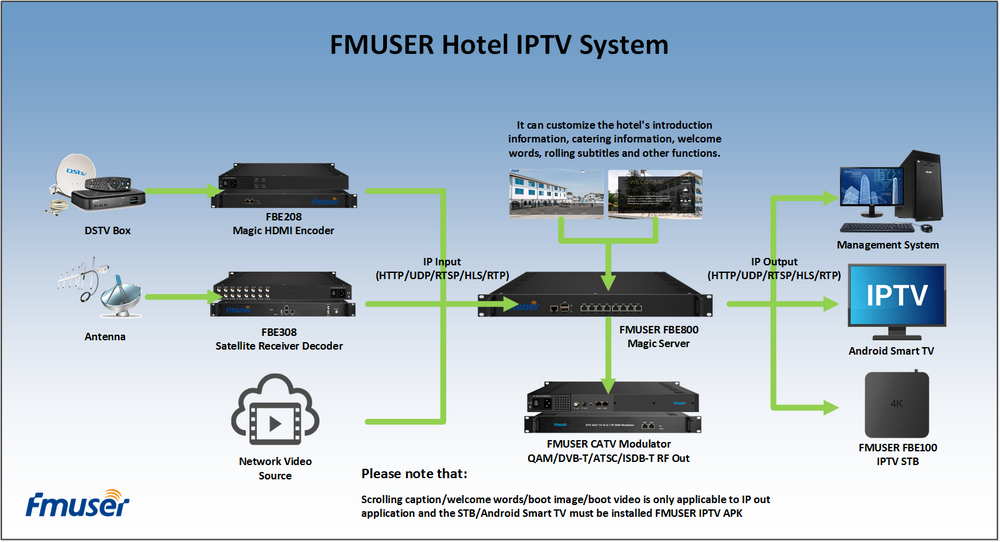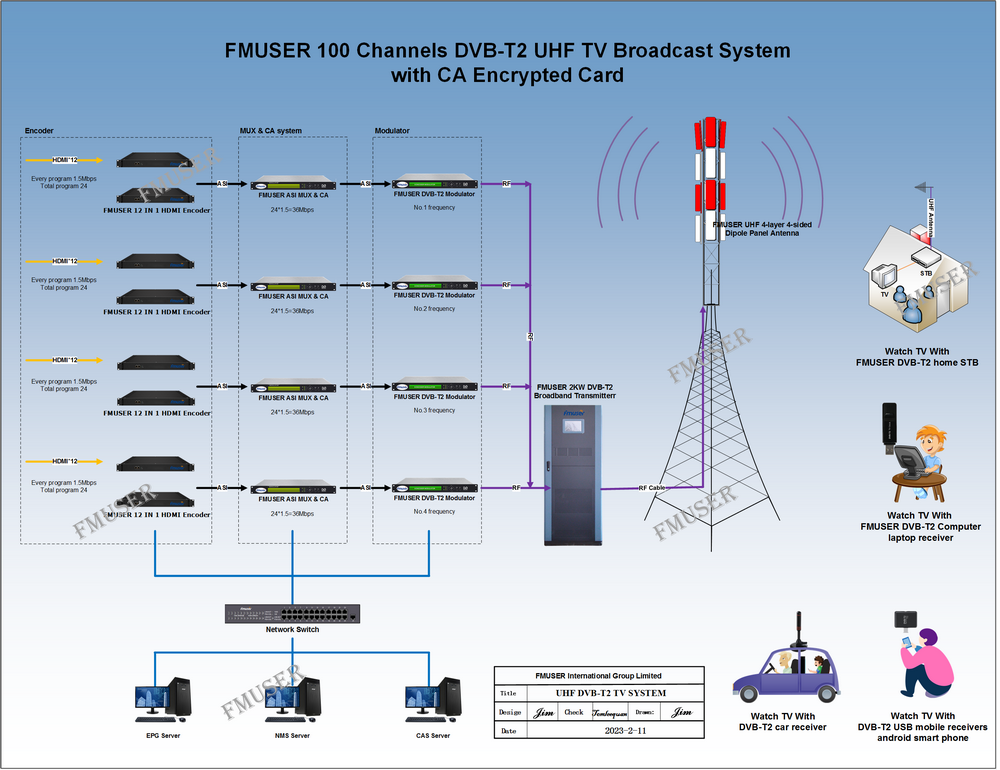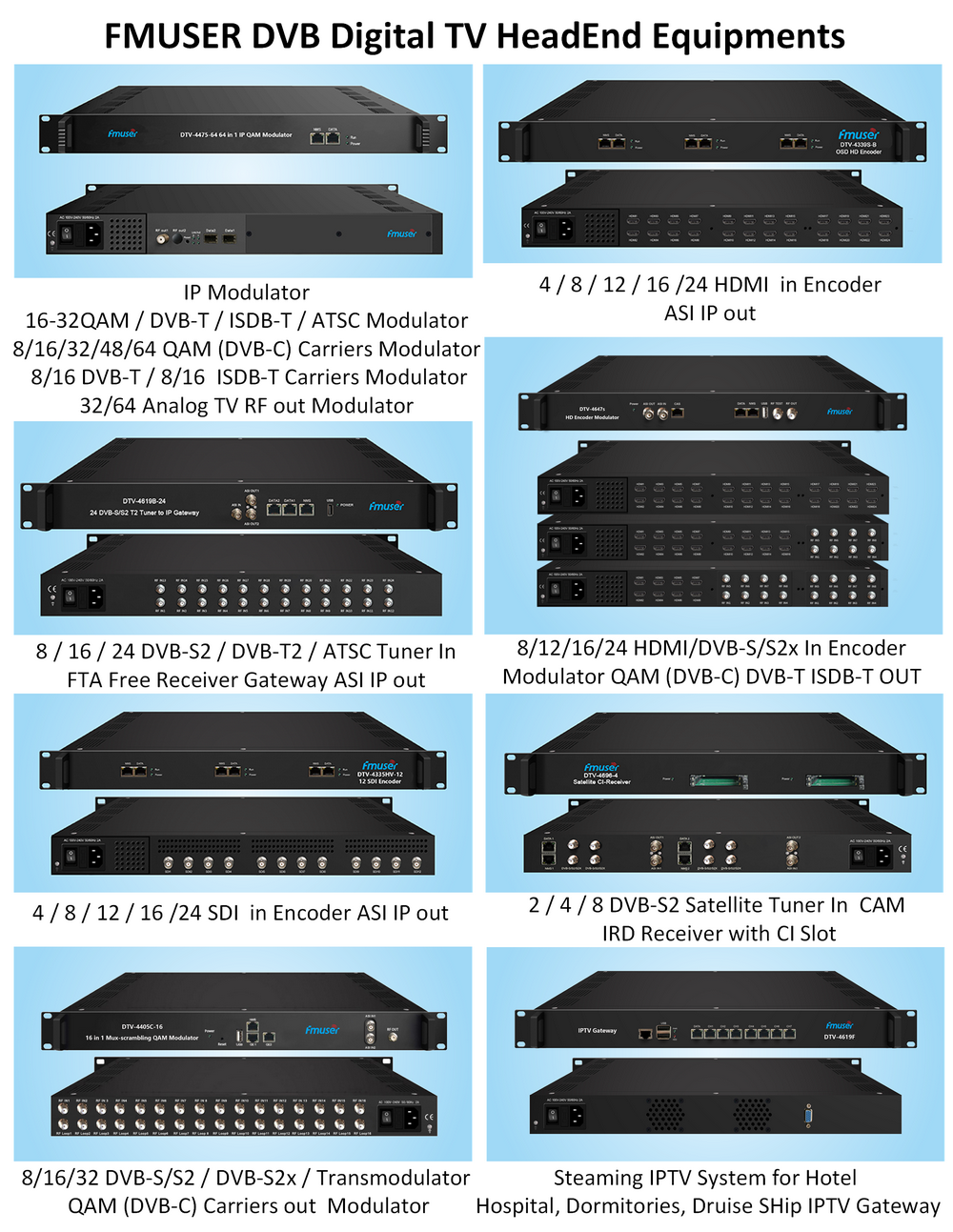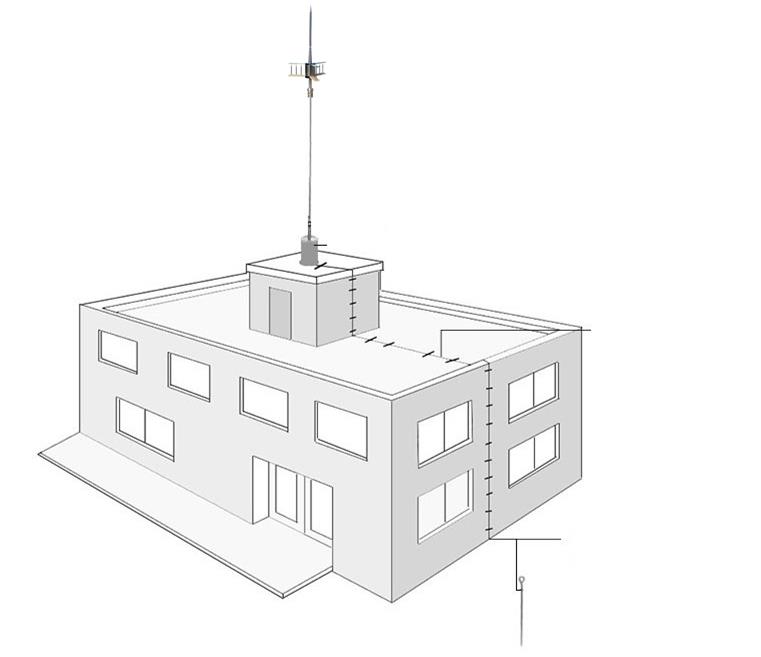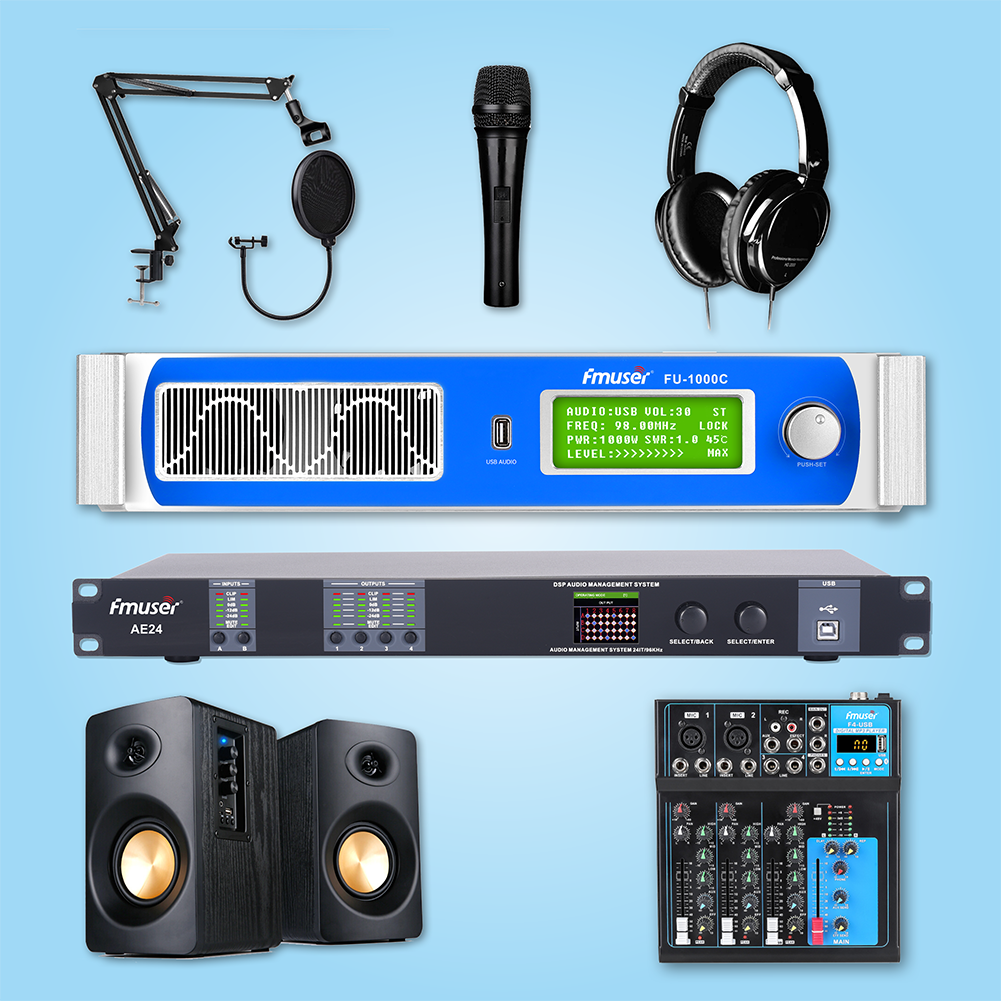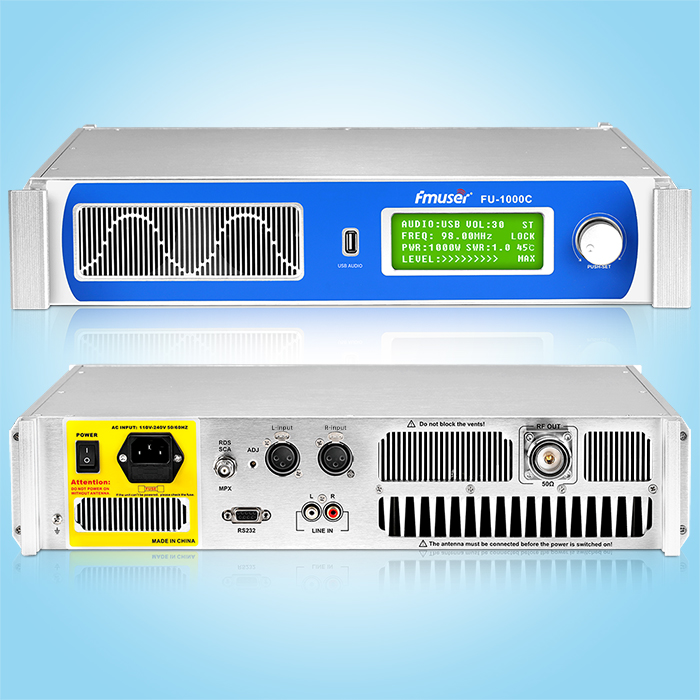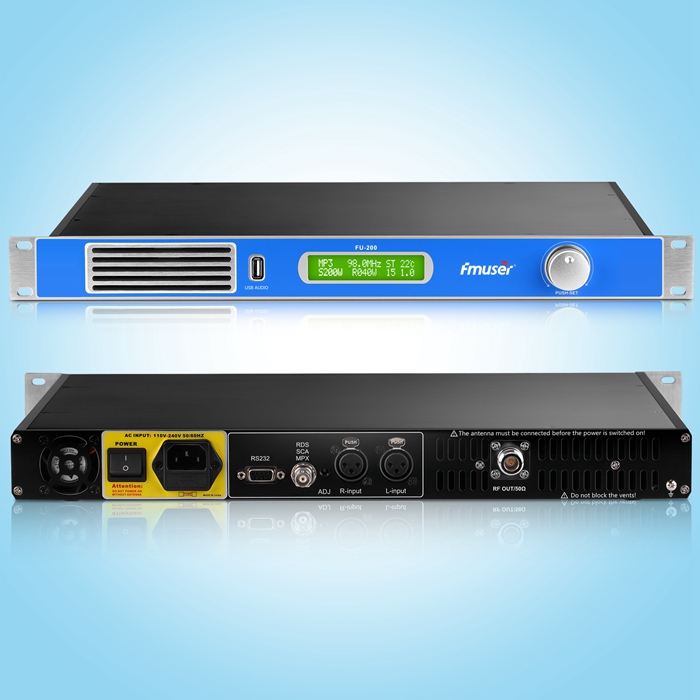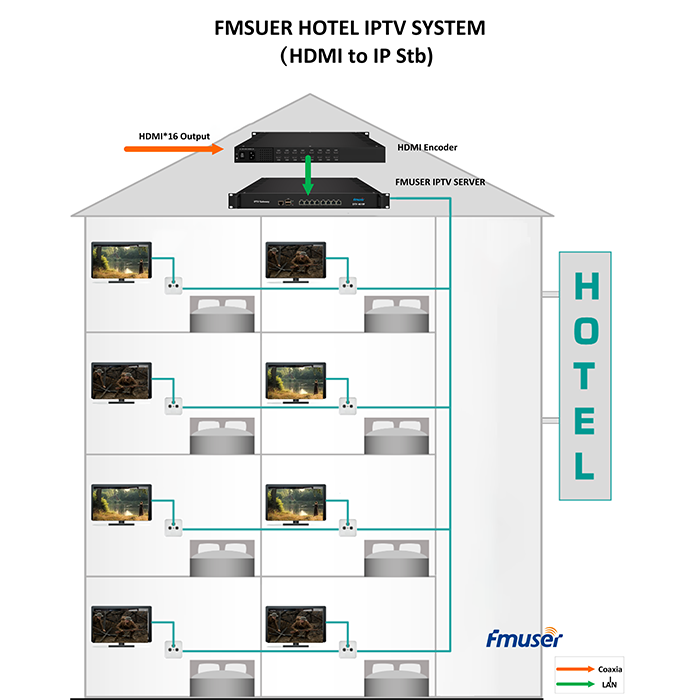Antenna gain is a very important part of the knowledge structure of antennas, and of course it is also one of the important parameters for antenna selection. The antenna gain also plays a great role in the operating quality of the communication system. Generally speaking, the improvement of the gain mainly depends on reducing the radiated lobe width on the vertical plane, while maintaining the omnidirectional radiation performance on the horizontal plane.
1. The definition of antenna gain:
The ratio of the radiated power flux density of an antenna in a specified direction to the maximum radiated power flux density of the reference antenna at the same input power.
→Pay attention to the following points:
(1) If it is not specially marked, the antenna gain refers to the gain in the maximum radiation direction;
(2) Under the same conditions, the higher the gain, the better the directivity, and the farther the radio wave travels, that is, the coverage distance increases. However, the width of the wave speed will not be compressed, and the narrower the lobe, resulting in poorer coverage uniformity.
(3) The antenna is a passive device and cannot generate energy. Antenna gain is just the ability to effectively concentrate energy to radiate or receive electromagnetic waves in a specific direction.
2. Calculation formula of antenna gain
We can understand from the definition of antenna gain that the antenna gain is closely related to the antenna pattern. The narrower the main lobe, the smaller the side lobe, and the higher the gain.
2.4GHz22dBi bipolar/cross-polarized MIMO parabolic antenna
(1) For a parabolic antenna, the following formula can be used to approximate its gain:
G(dBi)=10Lg{4.5×(D/λ0)^2}
*note:
D: Parabolic diameter
λ0: Central working wavelength
4.5: Statistical empirical data
2.4GHz13dBi bipolar omnidirectional MIMO antenna-N type female connector
(2) For a vertical omnidirectional antenna, the following formula can also be used for approximate calculation:
G(dBi)=10Lg{2L/λ0}
*note:
L: antenna length
λ0: Central working wavelength
3. Gain and transmit power
The radio frequency signal output by the radio transmitter is transmitted to the antenna through the feeder (cable), and radiated by the antenna in the form of electromagnetic waves. After the electromagnetic wave arrives at the receiving location, it is received by the antenna (only a small part of the power is received) and sent to the radio receiver through the feeder. Therefore, in the wireless network engineering, it is very important to calculate the transmitting power of the transmitting device and the radiation ability of the antenna.
The transmit power of radio waves refers to the energy within a given frequency range, and there are usually two measurement or measurement standards:
Power (W): Relative to the linear level of 1 watt (Watts).
Gain (dBm): Relative to 1 milliwatt (Milliwatt) proportional level.
→The two expressions can be converted to each other:
dBm=10xlog[Power mW]
mW=10^[Gain dBm/10dBm]
In wireless systems, antennas are used to convert current waves into electromagnetic waves. During the conversion process, the transmitted and received signals can also be "amplified". The measure of this energy amplification is called "Gain." The unit of measurement for antenna gain is "dBi".
Since the electromagnetic wave energy in a wireless system is generated by the transmission energy of the transmitting device and the amplification of the antenna, it is better to measure the transmitted energy with the same metric-gain (dB), for example, the power of the transmitting device is 100mW, or 20dBm; The gain of is 10dBi, then:
Total emission energy = emission power (dBm) + antenna gain (dBi)
=20dBm+10dBi
=30dBm
Or: =1000mW=1W
[3dB rule]
→Each dB is very important in the "low power" system, especially the "3dB rule" must be remembered.
Every increase or decrease of 3dB means that the power is doubled or reduced by half:
-3dB=1/2 power
-6dB=1/4 power
+3dB=2x power
+6dB=4x power
For example, the wireless transmission power of 100mW is 20dBm, while the wireless transmission power of 50mW is 17dBm, and the transmission power of 200mW is 23dBm.
Our other product:


